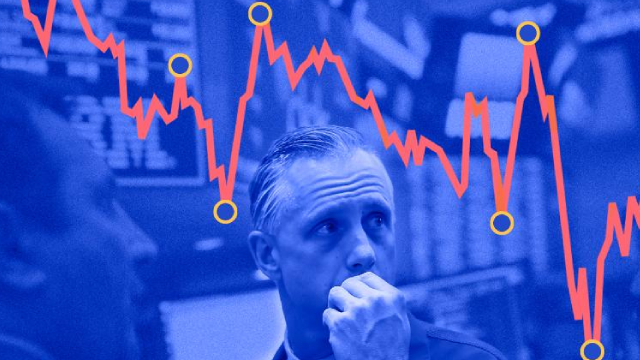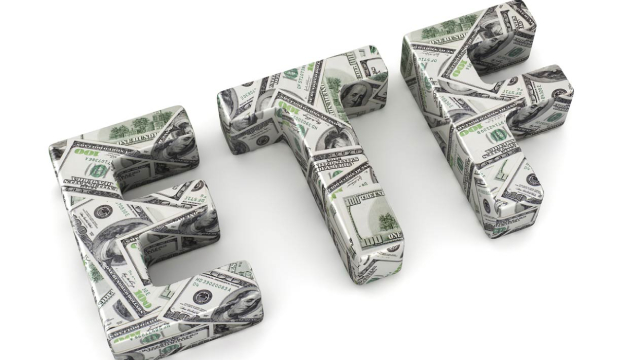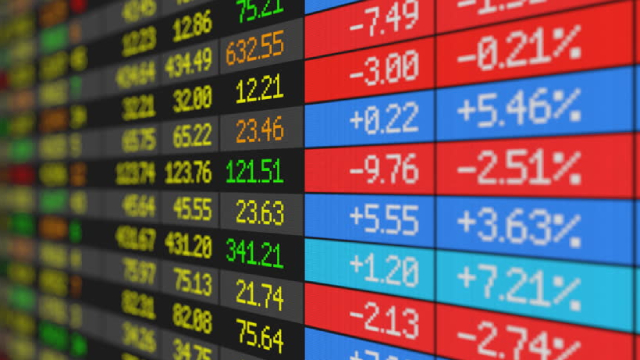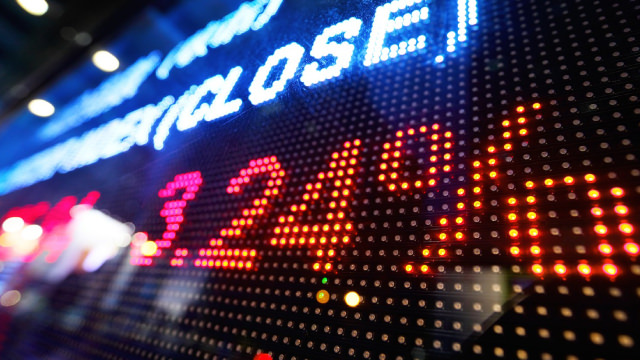VGK Stock Recent News
VGK LATEST HEADLINES
In equity investing, the ongoing debate this year has been between leaning into domestic bias and diving into international diversification with intention. We know that good portfolio construction is all about risk management.
Passive investors looking to create meaningful wealth over the long-term do have a plethora of options these days to choose from.
For investors seeking momentum, Vanguard FTSE Europe ETF VGK is probably on the radar. The fund just hit a 52-week high and is up 19.95% from its 52-week low price of $62.02/share.
Entering trading on Tuesday, the S&P 500 was down more than 12% since the start of the year. What started out looking like it might be a good year in 2025 with some early gains may end up being a nightmare for investors.
The U.S. stock market is whipsawing up and down thanks to geopolitical issues around tariffs. To be fair, the same types of swings are happening all over the world.
With President Trump imposing new tariffs on the EU and the likelihood of EU countermeasures increasing, transatlantic trade tensions are escalating. Look at ETFs with a focus on the single currency bloc, as the U.S. appears to be taking the bigger hit in the trade war.
The tech-focused Nasdaq officially entered bear market territory on April 4, 2025, falling over 20% from its December peak. The plunge came as Wall Street grew increasingly anxious about the economic health amid President Donald Trump's tariff announcement.
After years of lagging behind U.S. equities, international stocks are staging a remarkable comeback in 2025.
Baskin-Robbins has nothing on Vanguard. The ice cream chain is famous for offering 31 flavors to ice cream lovers.
The S&P 500 (^GSPC 0.16%) has fallen 2% year to date as tariffs imposed by the Trump administration have led to economic uncertainty and even recession fears in the U.S. However, apart from duties on steel and aluminum imports, Europe has so far been excluded from the burgeoning trade war.








